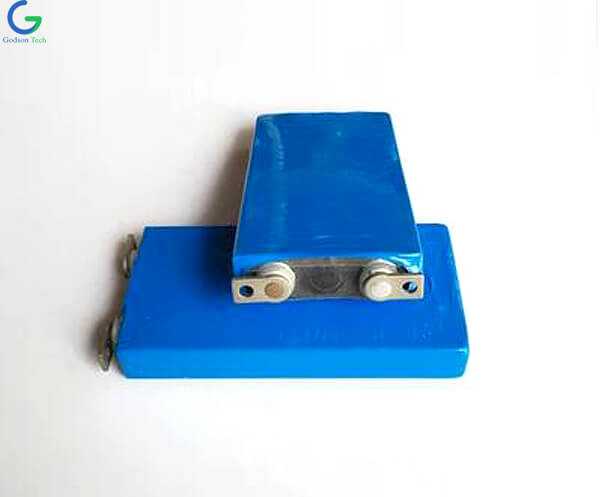When To Choose Lithium Iron Phosphate Battery?
LiFePO4 Battery suit rugged applications and provide superior safety over Li-ion. There are many factors to consider when designing the battery into an electronics device, especially when that piece of equipment can impact the operator's life. Designers have myriad choices in terms of battery chemistry, size, power, price and security. The target is to prioritize these choices based on the needs of the application. It's critical to work with a qualified manufacturer from the beginning of the design process to ensure the battery will meet all of your performance needs and come in at an acceptable price.
Traditional Li-ion batteries are made with transition metal oxide cathode materials such as lithium-cobalt oxide or lithium-nickel-cobalt aluminum oxide. Lithium-iron phosphate (LiFePO4) batteries are rechargeable Li-ion batteries that use Lithium Iron Phosphate Battery as the cathode material.

Because the safety benefits of iron phosphate, combined with its high power output and higher energy density (compared to other battery technologies such as lead-acid, NiMH, and NiCd), lots of LiFePO4 Battery Manufacturer are using it to get power grid and tools insertion. These rocky iron phosphate cells are perfect for large defense software, especially those who have stringent security requirements like submerged aviation and operations. In these programs, intense abuse in uncontrolled environmental conditions might happen, demanding additional security levels.
评论
发表评论